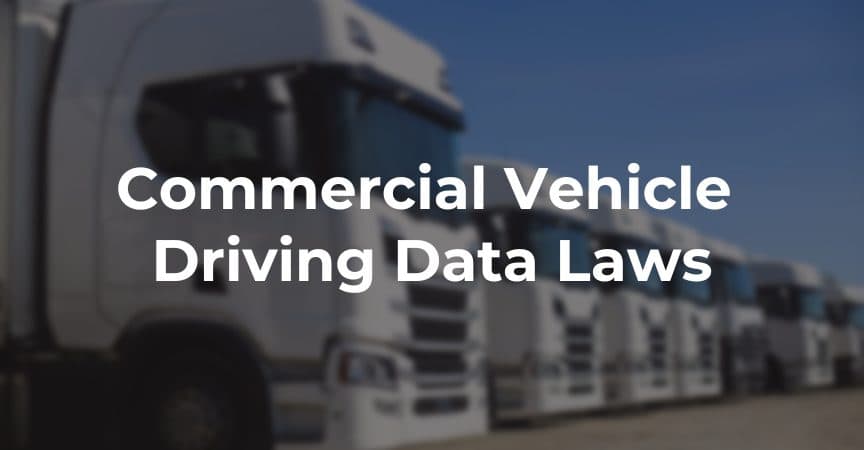Electronic Logging Device laws are a set of mandates issued by the Federal Motor Carrier Safety Administration (FMCSA) and enforced by the Department of Transportation, requiring commercial motor vehicle drivers to record driving data electronically using an approved electronic logging device (ELD).
As commercial trucking accidents become an increasing trend across the United States, federal and state legislators have adopted reporting systems that hold commercial drivers and trucking companies accountable for safe driving practices. Regulation changes were announced by the FMCSA in 2015, with all trucks required to fully adopt the use of ELDs by 2019 in an effort to create safer roads for all drivers.
What is an ELD?
An ELD is an electronic logging device that is connected to a vehicle to record driving hours for the purpose of preparing “hours of service” reports. The recorded driving data which includes vehicle location, engine hours, vehicle movement, and miles driven, can be accessed remotely by dispatchers or compliance managers and viewed by the driver as well as a Department of Transportation officer at any time.
Drivers and fleet managers are not able to edit recorded data, ensuring its validity should records be required for legal action.
What is the ELD Mandate?
Federal laws require commercial drivers to install and register certified electronic logging devices that monitor the hours a truck and its driver are in service. Limitations are placed on commercial drivers and data collected by the devices to ensure devices will capture the required information.
Drivers, supervisors, and trucking companies must abide by the regulations outlined by the FMCSA. Failure to comply with these rules may result in significant citations, fines, and possible loss of licensure.
Why is Tracking Driving Hours Important?
The Federal Motor Carrier Safety Administration (FMCSA) estimates that about 450,000 truck accidents occur nationwide each year, resulting in over 4,000 deaths annually. According to the National Highway Traffic and Safety Patrol’s 2019 statistics, 7.7% of California truck drivers were involved in fatal crashes during that year. Most of these accidents are preventable and happen at the fault of the truck driver.
Driver fatigue is one of the most common causes of commercial truck accidents and is a result of exhaustion from long hours of driving. Many drivers will drive past the point of exhaustion to make more money. The FMCSA has set specific laws for commercial drivers including mandatory breaks. Commercial drivers may drive for up to eleven hours following a mandatory 10-hour rest. In California, all commercial drivers must rest for a minimum of 10 minutes after every 4 hours of driving and take a thirty-minute break after every 5 hours.
How We Can Help
Truck accident cases are complex and involve a lot of moving parts that require specific experience and a detailed approach. If you or a family member has been injured or killed in a truck accident, it is important to reach out to a skilled truck accident attorney immediately to assess and begin to build your case. Our Bakersfield truck accident attorneys are skilled at identifying and acquiring crucial pieces of evidence, including driver logs and trucking company records, and handling aggressive insurance companies that represent commercial drivers.
Rodriguez & Associates has decades of experience handling truck accident cases covering not only the engineering and legal issues but also the day-to-day details of commercial truck driving that can lead to accidents. Contact our office today to discuss your case by filling out our online form or calling (661) 777-7575.
